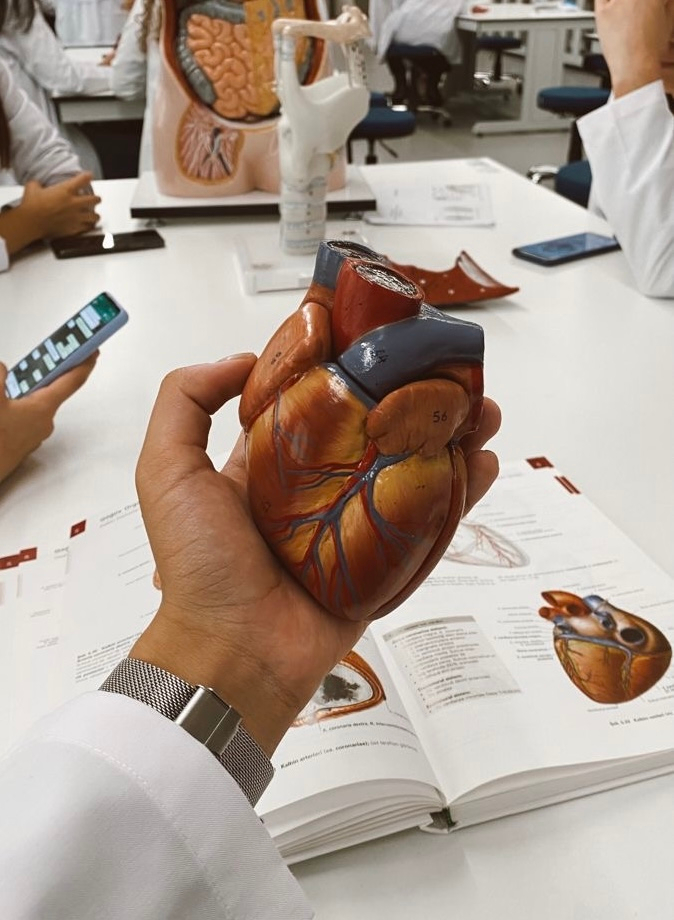MCAT 101: Your Essential Guide to the Medical School Entrance Exam
Ivy Brothers •
MCAT 101: Your Essential Guide to the Medical School Entrance Exam
For aspiring doctors, the Medical College Admission Test (MCAT) is a crucial milestone on the path to medical school. It’s more than just a test—it’s a rigorous assessment of the knowledge, reasoning skills, and stamina you’ll need to succeed in the medical field. Whether you’re just starting to explore medicine or knee-deep in your pre-med courses, this essential guide breaks down everything you need to know about the MCAT: what it is, what’s on it, how to prepare, and how to succeed.
What is the MCAT?
The MCAT is a standardized, multiple-choice exam administered by the Association of American Medical Colleges (AAMC). It is required for admission to nearly all medical schools in the United States and Canada, and it’s designed to assess your problem-solving abilities, critical thinking, and foundational knowledge of natural, behavioral, and social sciences.
Sections of the MCAT
The exam is divided into four main sections:
1. Chemical and Physical Foundations of Biological Systems (Chem/Phys)
• Covers: General chemistry, organic chemistry, physics, and biology
• Focus: How physical and chemical principles apply to the human body
2. Critical Analysis and Reasoning Skills (CARS)
• Covers: Reading comprehension and analysis of passages from humanities and social sciences
• Focus: No prior content knowledge required—purely reasoning skills
3. Biological and Biochemical Foundations of Living Systems (Bio/Biochem)
• Covers: Biology, biochemistry, and some organic/general chemistry
• Focus: Processes unique to living organisms, such as metabolism and reproduction
4. Psychological, Social, and Biological Foundations of Behavior (Psych/Soc)
• Covers: Psychology, sociology, and biology
• Focus: How behavioral and sociocultural factors influence health
Each section is scored from 118 to 132, with a total possible score of 472 to 528, and the median score is typically around 500.
When and How to Take the MCAT
• When to Take It: Most students take the MCAT in the spring or summer of their junior year of college, though timing depends on when you plan to apply to medical school.
• How Often You Can Take It: Up to 3 times per year, 4 times over two years, and 7 times in a lifetime
• Test Dates: The MCAT is offered multiple times throughout the year, typically from January to September.
Register early on the AAMC website, as spots fill up quickly.
Preparing for the MCAT
1. Understand the Content and Format
Start with the AAMC’s official content outlines and practice materials. Know what’s tested and how questions are structured.
2. Create a Study Schedule
Preparation time varies by individual, but most students spend 3 to 6 months studying for the MCAT. Set a schedule that balances content review, practice questions, and full-length exams.
3. Use Quality Prep Resources
There are numerous free and paid resources available:
• AAMC official prep materials
• Kaplan, Princeton Review, UWorld, Khan Academy (free content aligned with MCAT topics)
4. Practice Full-Length Exams
Simulate test day with timed, full-length practice exams. These help you build stamina and fine-tune your pacing strategy.
5. Focus on Weak Areas
Use diagnostics to identify weak points, and spend extra time reviewing topics or sections where you’re scoring lower.
Tips for Test Day Success
• Get plenty of rest the night before
• Eat a healthy meal before the test
• Bring approved ID and materials (AAMC provides a checklist)
• Stay calm and confident—you’ve prepared for this
MCAT and Your Medical School Application
While the MCAT is just one part of your medical school application, it holds significant weight. Admissions committees use your score to evaluate your academic readiness. A strong MCAT score, combined with a solid GPA, meaningful clinical experiences, and a compelling personal statement, can give you a competitive edge.
Average scores vary by school, but top-tier programs often look for scores in the 510+ range. However, even if your score is below average, a strong overall application can still open doors.
Final Thoughts
The MCAT is undoubtedly challenging, but with the right preparation, strategy, and mindset, it’s a challenge you can conquer. Treat it not just as a hurdle, but as an opportunity to prove your readiness for a demanding and rewarding profession.
Start early, stay focused, and trust the process. The road to medical school starts with a single step—and that step is mastering the MCAT.
Visit our website: www.theivybrothers.com
Schedule a consultation: https://tally.so/r/3Edv7
See More Posts
Ivy Brothers
Copyright © 2021 Ivy Brothers, Inc. All rights reserved.
Company
hello@theivybrothers.com



